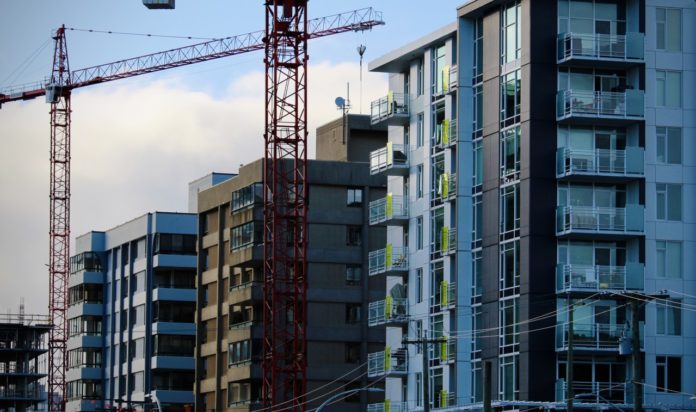Hinging on supply and demand, it’s another mix of highs and lows for Victoria’s real estate market.
According to Victoria Real Estate Board (VREB), the MLS Home Price Index benchmark (or typical) price for a single-family home reached $1,266,200 in April.
That’s a 26.9% increase year-over-year, when the typical price was $977,500.
Meanwhile, the benchmark price for a condominium hit $650,200 last month, up from March’s $635,100 and climbing just over 26.7% compared to April 2021.
“Our inventory levels remain well below historic averages, so prices remain buoyant because the supply is still much lower than this recent decrease in demand,” said VREB president Karen Dinnie-Smyth.
A total of 824 properties were sold locally in April, around 26% fewer than the 1,116 properties sold the April before, the VREB found in its latest data.
The board says condo sales were down 20.8% year-over-year, with 262 units sold, while 403 single-family homes sold, representing a 28.5% decrease.
“This tells an interesting story because activity traditionally peaks over the course of the spring, and this year we have seen a gradual softening of the market,” explained Dinnie-Smyth.
On top of higher prices, she says rising interest rates have introduced new dynamics, with multiple offers still “very much” a reality.
There were 1,365 active listings on the VREB MLS at the end of last month, up 28.4% from March but down 6.1% compared to April 2021.
While Victoria’s housing market may be experiencing a lessening demand, according to Dinnie-Smyth, extra supply is needed now more than ever.
“We must continue to encourage the government and stakeholders to focus on building more homes and not on creating new rules such as a cooling-off period that have nothing to do with getting more people into homes and risk upward pressure on pricing,” she said.
In March, the BC government said it was amending the Property Law Act to combat pressures facing homebuyers by introducing a Homebuyer Protection Period, or “cooling-off” period.
First announced in November, Finance Minister Selina Robinson said it gives buyers more time to review their offers, ensure financing and obtain a home inspection—rather than feeling rushed to waive these conditions.
Still, some real estate experts were opposed, despite Robinson pointing to ongoing consolation with industry stakeholders.
“The market will continue to have corrections, both up and down, and government interventions must target more new doors for the long-term health of our housing market,” added Dinnie-Smyth.


